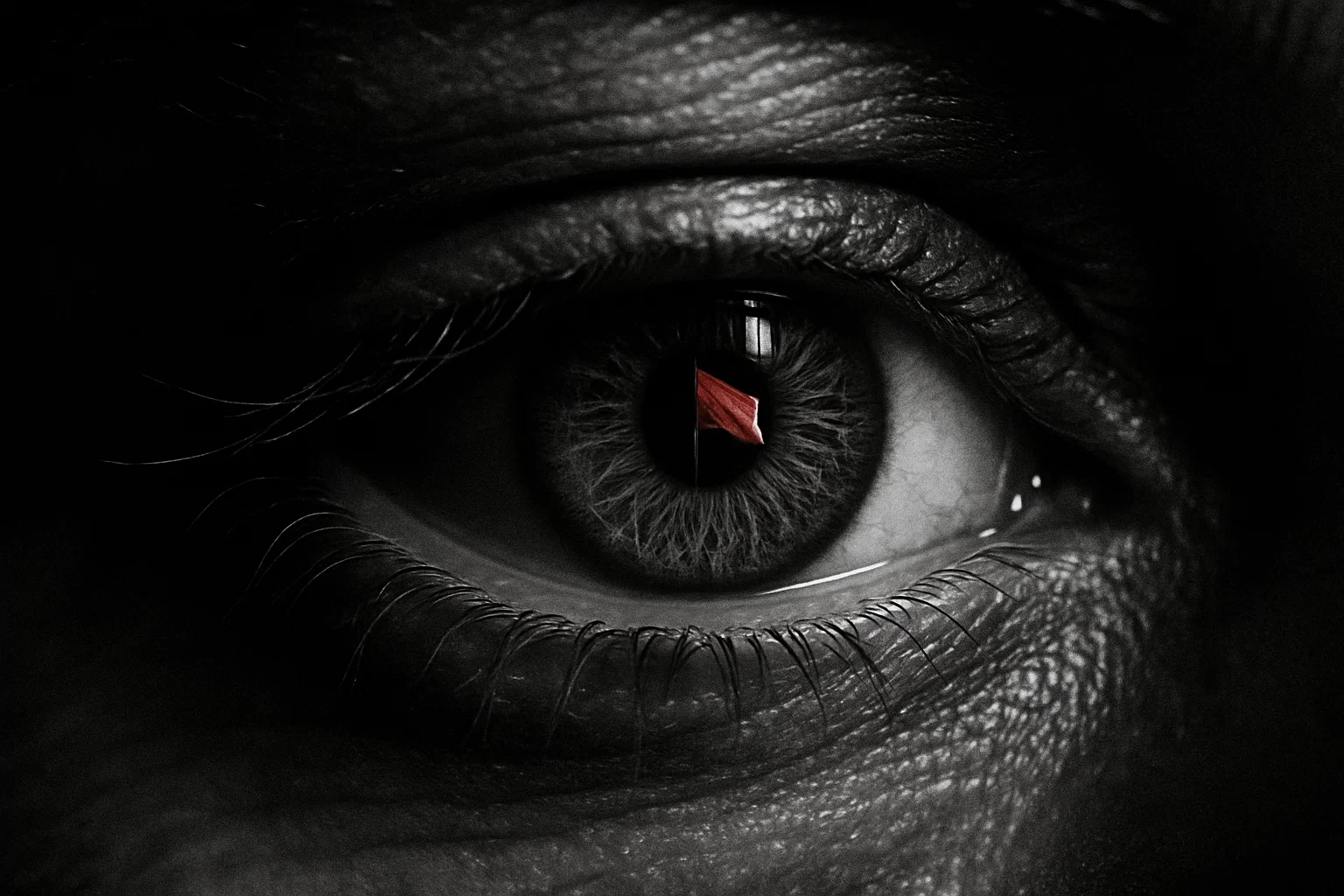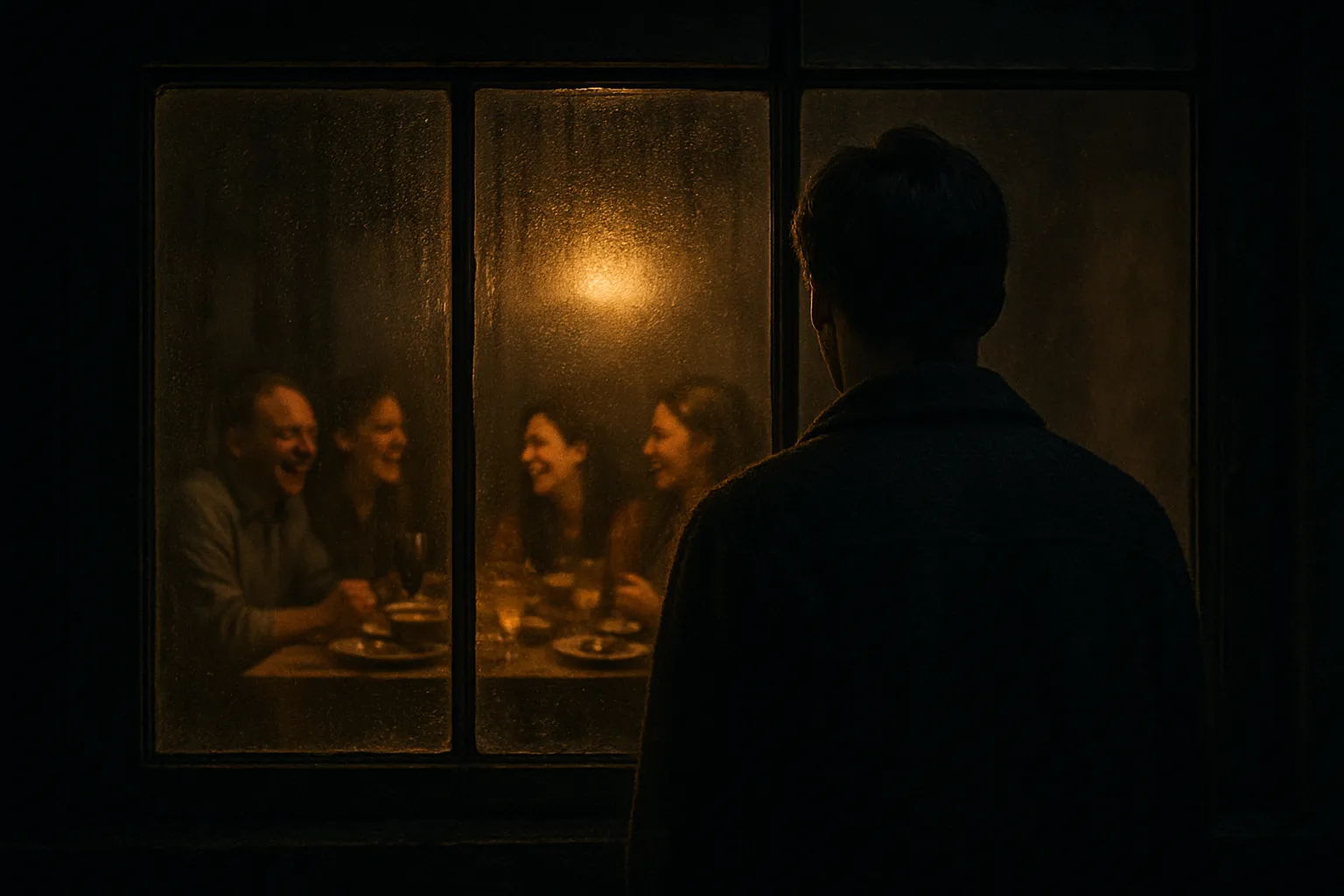Signs He Was Unhappy: Red Flags You Might Have Missed

The Shock of the Sudden End
When a partner ends a relationship, especially when it feels like it came out of the blue, the shock can be paralyzing. You comb through recent memories, searching for a clue you might have missed. The truth is, a partner's unhappiness rarely materializes overnight. It often builds slowly, signaled by a series of subtle shifts in behavior and communication. Looking back, these red flags can become painfully obvious. This exploration isn't meant to foster self-blame, but to provide clarity and help you piece together a narrative that makes sense, which is a crucial step in healing.
1. The Slow Fade in Communication
A change in communication is often the first and most significant sign of trouble. It's not just about talking less; it's about a fundamental shift in the *quality* and *nature* of the connection.
- He starts speaking in "I" instead of "We": Listen for a change in pronouns. When future plans, dreams, or even simple weekend arrangements begin to be framed around "I" instead of "we," it's a sign he is mentally building a future that doesn't include you.
- The small connection rituals disappear: The "good morning" texts, the random check-ins during the day, the "how was your day" questions that were once standard practice—their absence creates a void.
- He stops arguing or complaining: This is a counterintuitive but powerful red flag. While constant fighting is a bad sign, the complete cessation of complaints can be worse. It often signifies that he has given up on trying to improve things and has emotionally checked out. Silence has replaced effort.
2. The Creation of Physical and Emotional Distance
An unhappy partner will subconsciously or consciously begin to create distance long before they leave. They start to pull away, building walls and carving out a separate existence while still physically present in the relationship.
- A surge in new hobbies or time with friends: While individual interests are healthy, a sudden and all-consuming obsession with video games, the gym, or nights out with friends can be a form of escapism from the relationship.
- The end of casual intimacy: This goes far beyond the bedroom. It's the loss of small, spontaneous gestures of affection—a hand on your back as you pass, holding hands while walking, sitting close on the couch. When that casual physical connection dies, the emotional one is often already gone.
- His phone becomes a shield: If he's constantly buried in his phone, scrolling endlessly when you're together, he's using the screen as a buffer to avoid genuine presence and interaction with you.
3. A Noticeable Drop in Effort
Effort is the currency of a relationship. When one person stops investing, the foundation begins to crumble. This isn't about grand romantic gestures, but the consistent, small efforts that show you are a priority.
- He stops planning dates: The initiative to create shared, positive experiences together is gone. You may find you are the only one trying to make plans.
- His compliments dry up: The verbal affirmations that made you feel seen and desired become rare or non-existent. He no longer seems to notice or vocalize the things he once loved about you.
- He picks fights over insignificant things: Sometimes, a person who is unhappy will subconsciously provoke arguments. This creates drama and distance, which helps to justify their internal feelings of wanting to leave. It pushes you away so they feel less guilty for pulling away.
Seeing Clearly in Hindsight
It's vital to remember that seeing these signs in retrospect is infinitely easier than identifying them in the moment. When you love someone, you're inclined to give them the benefit of the doubt. Finding these red flags now is not about blaming yourself for not being a detective. It's about understanding. It transforms the story from "he just left me for no reason" to "the relationship was fading in ways I couldn't see at the time." This new perspective, while painful, is whole. And it's from this place of clarity that you can truly begin to heal and move forward, armed with a deeper trust in your own intuition.


